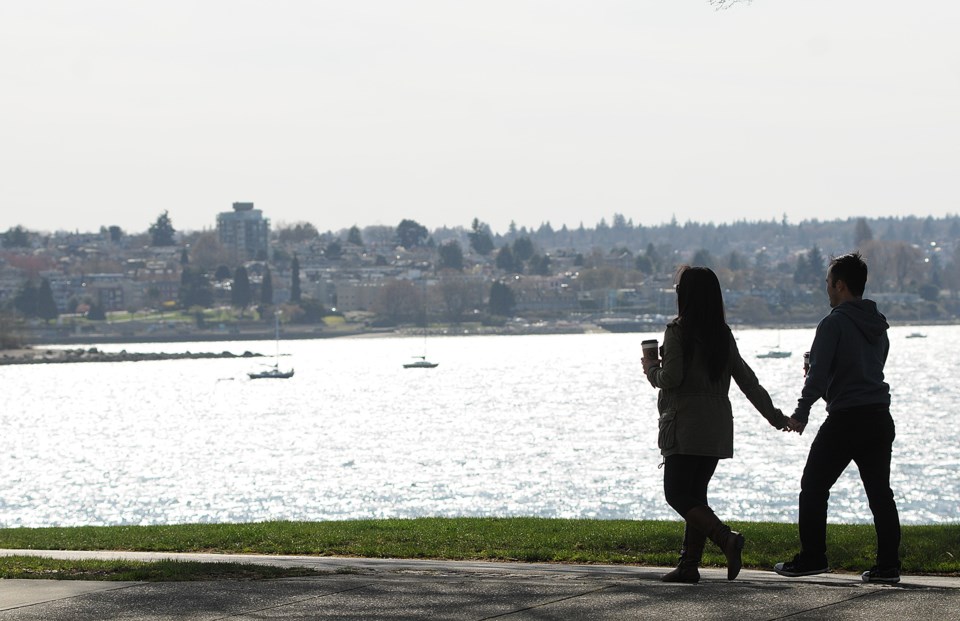In Homer’s Iliad, Odysseus commands his crew to tie him to his ship’s mast so that he can hear the beautiful but tempting song of the Sirens. With their ears covered, the crew has been ordered to ignore Odysseus’ demands when he is under the influence of the Sirens.
In psychiatry, a patient with bipolar disorder may request an Odysseus contract whereby he agrees to be admitted if he is manic and unable to make appropriate decisions for himself. In other words, he tells his family and doctor: “Don’t do as I say when I am not of sound mind”.
I wonder if Homer was warning us of the pitfalls of lust and love. Perhaps young people should not be allowed to marry when they are madly in love.
Before they sign their lives away at the end of the wedding ceremony, they should at least produce a doctor’s note certifying that they are capable of making rational decisions.
Author Joseph Goldstein has called infatuation and desire the near enemy of love, and by love, I mean unconditional love — agape, metta, loving-kindness or brotherly love. The former is obsessive and possessive. It seeks to take, to hold and control. Unconditional love is giving, forgiving and letting go.
Pleasure and the satisfaction of our material wants are worldly counterfeits of true happiness. Unlike enduring happiness, they soon give way to emptiness and disappointment. So too do infatuation and desire — counterfeits of real love — give way to disappointment, disillusionment and ill will.
It’s OK to enjoy a delicious meal, a cup of coffee and a relaxing massage but don’t expect pleasure alone to give you a complete and meaningful life.
It’s OK to fall in love as we all do, but that alone is not enough to sustain meaningful relationships over a lifetime.
Romantic love is a lens that creates a distorted image of another, magnifying positive qualities and blurring the rough edges that will later prickle us.
Unconditional love allows you to see and accept the whole, appreciate beauty and genuinely want the best for the other.
My children have taught me how to love unconditionally. Becoming a father and holding in my arms a helpless and beautiful child who is completely dependent on parental care has helped me grow in love. As each of my children grow, stumble, fall and succeed, the most important thing that I can teach them is that I see the best in them and love them completely just as they are.
Sometimes as parents, our children may feel that our love is dependent on their innate qualities or their behaviour, and being human, egos can get in the way and we may love imperfectly. But in the end, the well-being of our children takes precedence over our own.
Real happiness and the meaning in our lives come from our relationships. The purpose of our lives is to accept love and learn to love more fully. We are given a lifetime.
My parents surrounded their three children with love. They saw the best in us and this inspired us to be our best, and their circle of concern extended far beyond our family.
Love is limitless. Unlike its near enemy that can only be given to few and for a limited time, our love can extend and benefit many even beyond our lifetimes.
When I think of our potential for love, I use the metaphor of the water cycle. Water is a key constituent of our bodies and we share it with the whole world.
Water is excreted and evaporates from our bodies. Water condenses into clouds. It falls as rain and snow. It flows in rivers to lakes and oceans. We drink it and it sustains physical life.
Throughout our lives, we receive love in many forms from countless people. We depend on the kindness of strangers, our teachers, coaches, parents, mentors, friends, and the people of the past who have worked to create the places we live and the systems that sustain our lives.
Love is not ours to keep for our selves or share with just a few. It has been freely given to us to give out and give forward.
In your life, what gifts great or small have you received that you cannot fully give back? How are you paying this forward?
Dr. Davidicus Wong is a family physician at Prime-Care Medical. His Healthwise column appears regularly in this paper. You can read more about achieving your positive potential in health at davidicuswong.wordpress.com.



